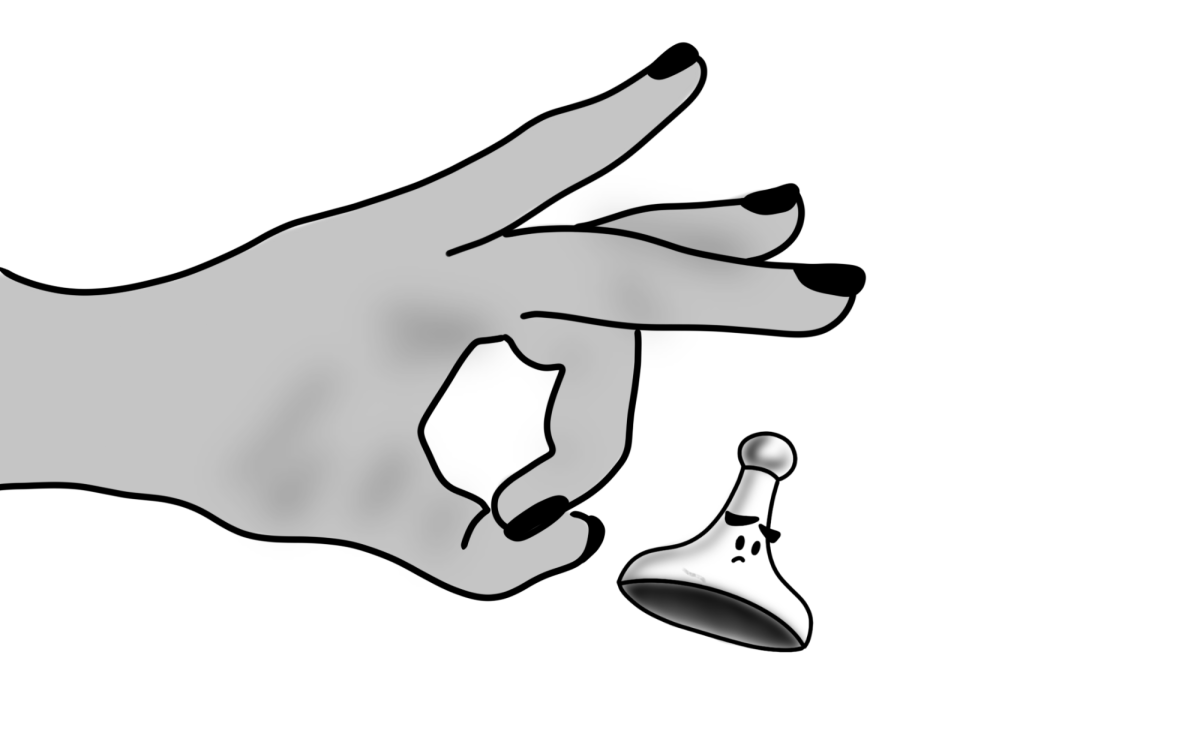A few weeks ago, my English teacher announced that we’d be entering our political unit early, just in time for the election. Across the classroom, anxious murmurs arose at the thought of actually having to debate political issues.
For what seemed like the 50th time, one of my classmates attempted to justify her lack of interest.

“Honestly, I don’t really know that much about politics,” she said. “My friend’s dad told me a little bit. Obama’s for health care, and Romney’s only for rich people and…go Obama!”
When I heard her say this, I was slightly taken aback. Since when is blind acceptance a practice of politics?
When that girl so proudly stated that she was for Obama, I wasn’t taken aback so much because I didn’t agree with her point of view, but rather because she was so confident in “her” opinion. Those weren’t even her own words! They were those of an acquaintance, an almost random middle-aged man. And because true political views are a reflection of a person’s unique background and experiences, his views should not be the same as a teenage girl.
According to the Pew Research Center, 18 percent of voters under the age of 30 are currently following campaign news closely, nearly half as many that followed the 2008 election closely.
And yet, take one look at Facebook or listen in on any conversation, and it’ll seem like everyone has something or someone to passionately advocate for in this election. If it’s not coming from personal informed points of view, where is this enthusiasm coming from?
I prefer careful calculations to rash decisions and commitments, so I don’t understand why people are so quick to form opinions based on what few skewed facts they have been exposed to.
No matter how much it may feel like it, no one is actually holding a gun to your head demanding you pick a side. And if they are, then you’ve got larger issues than picking a presidential candidate on your hands.
In an effort to find some direction in a sea of political uncertainty, many of us turn to our nearest and dearest source of information: our parents. According to the October Bark survey, 69 percent of students tend to agree with the politics of at least one parent.
Opinions that derive from the pressure to just say something lead people to sounding exactly the way they wanted to avoid: uneducated. There is a difference between speaking just to hear the sound of your own voice, and speaking from the heart.
I’m not saying that every choice I make comes from extensive research, and I know that a lot of my views are shaped by my parents. But when it comes to my fundamental political beliefs, I at least try to dig a little deeper. If everyone acted on what they blindly accepted to be true, we might actually end up electing Roseanne Barr.






